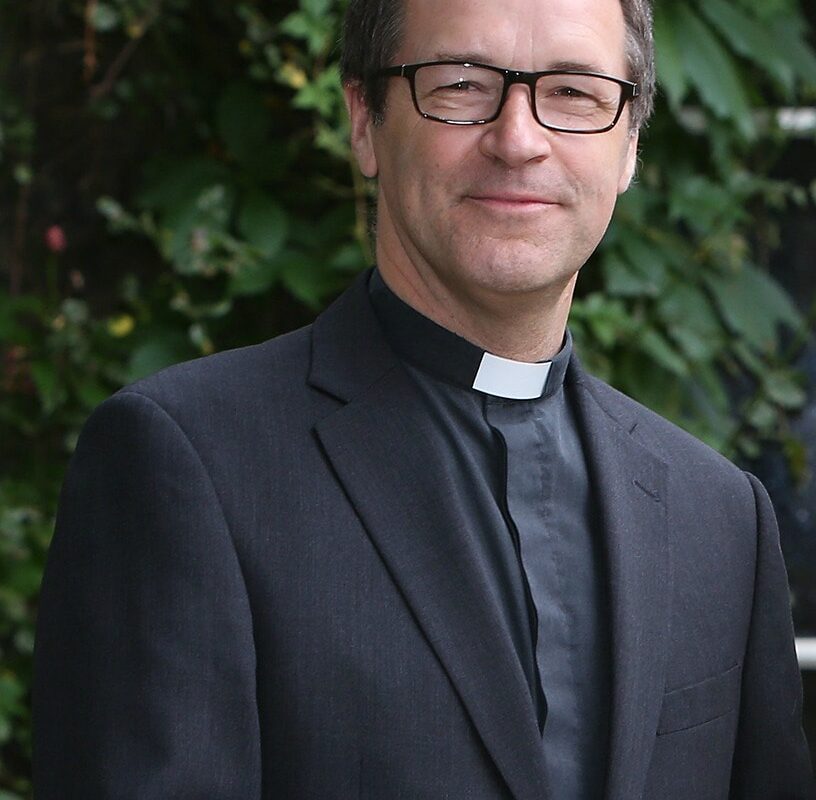Address given at Westminster Abbey on 14th June 2022 by the Rt Revd Graham Tomlin.
“How Long O Lord? Will you forget me forever? How long must I day after day have sorrow in my heart?
When the author of that ancient poem wrote these words, he gave voice to a perennial human experience – the longing for peace and the hunger for justice.
Many of us here today can echo those words in our hearts. It feels a long time – five long years – but still no resolution, still no peace, and so we too cry out: “How long must I day after day have sorrow in my heart?”
When something deeply traumatic has happened, it is vital to lament. And this service is, in part, a service of lament. It brings us together, from our different backgrounds and experiences, bereaved, survivors, people from the local community in north Kensington, friends, those who helped on that night, those who have supported in the years since, of all faiths and none, to bear each other’s burdens, to share our grief and pain, and to try to find the words to name the terrible reality that happened among us.
Lament refuses to accept easy answers. It tries to name an uncomfortable reality – it says plainly that what happened at Grenfell was wrong. It was not an unfortunate accident – it was the result of careless decisions taken, regulations ignored, an industry that seemed at times more interested in making profits and selling products than in the precious value of human life and keeping people safe in their own homes.
Grief experienced in isolation can cut us off from one another. It can turn us inwards. It can fragment communities and people. To lament together, as we are doing today, is to share the experience of facing and naming together the deep injustice that happened at Grenfell, remembering those who lost their lives, those loves ones that we, that you, still hold in your hearts and will do for ever
Those of you who lost loved ones in Grenfell Tower, those who survived that night, those of you who live in the local community and who watched the events of that dreadful night unfold, have waited five long years. And our waiting continues still. And so today we acknowledge our shared sorrow, that sense of injustice, the ongoing grief. “How Long O Lord? Will you forget me forever? How long must I day after day have sorrow in my heart?
But at the same time this service doesn’t just stop with naming the reality. Lament may declare what has happened, but it also declares that injustice, grief and sadness are not the way things should be. Lament can be an engine for change.
In his book ‘the Last Temptation’, the Greek novelist Nikos Kazantzakis wrote this: “deep in the foundations of wrong, God buries the small, despised cry of justice.” In this world where there is so much that is unjust, deep beneath the surface of all that is painful and unfair, God plants the seed of justice, of goodness and healing, a seed that will one day surely bear fruit.
We sit today in this Abbey, a place where for well over 1000 years, people have brought their hopes, their fears, griefs, longings – for peace, for healing, for justice. And found solace, understanding, strength.
This is a place that puts all those fears, griefs and desires into a bigger context. The history of this building, these stones, these windows that have heard the prayers of generations, all remind us of the God who hears our longings, our cries. And that can give us hope – that we are not alone.
The poet who asked how long it would take for justice to come, also wrote these words:
But I trust in your unfailing love
For the Lord is righteous,
he loves justice;
the upright will see his face.
Today we acknowledge the pain, the darkness. We also look up and see the light – maybe you remember those people who offered a hug, an embrace, words and actions of sympathy and support just when you needed it. Perhaps you remember the small acts of kindness and generosity that helped in the darkest of times.
And together we acknowledge we are, here in this Abbey, in the presence of a God who promises to walk alongside us through the valley of death, who loves justice and who, sooner or later, even if it takes time, can bring that buried seed of justice to flower.
Today, we give voice to lament but we also give voice to hope – a hope that those of us who are Christians see in the Resurrection of Jesus – that turned the grief of his death into the joy of Easter, as sure as day follows night.
Today we lament but we also live in hope. We are not there yet on the journey towards the light. We name the reality, the darkness that happened at Grenfell. Yet we also declare that we are not alone in our longing for justice – that the God who has planted the desire for justice in our hearts stands with us as we seek peace, as we look for resolution. And even more, beckons us, urges us into a future that is more compassionate, more just, more hopeful.
And today, we hope and we pray that the word ‘Grenfell’ may one day soon come to stand for a time that we truly learnt to bear each other’s burdens, to value the precious gift of human life, to make our homes truly safe and to trust in the unfailing love that will not let us go.”
Rt Revd Dr Graham Tomlin, Bishop of Kensington
